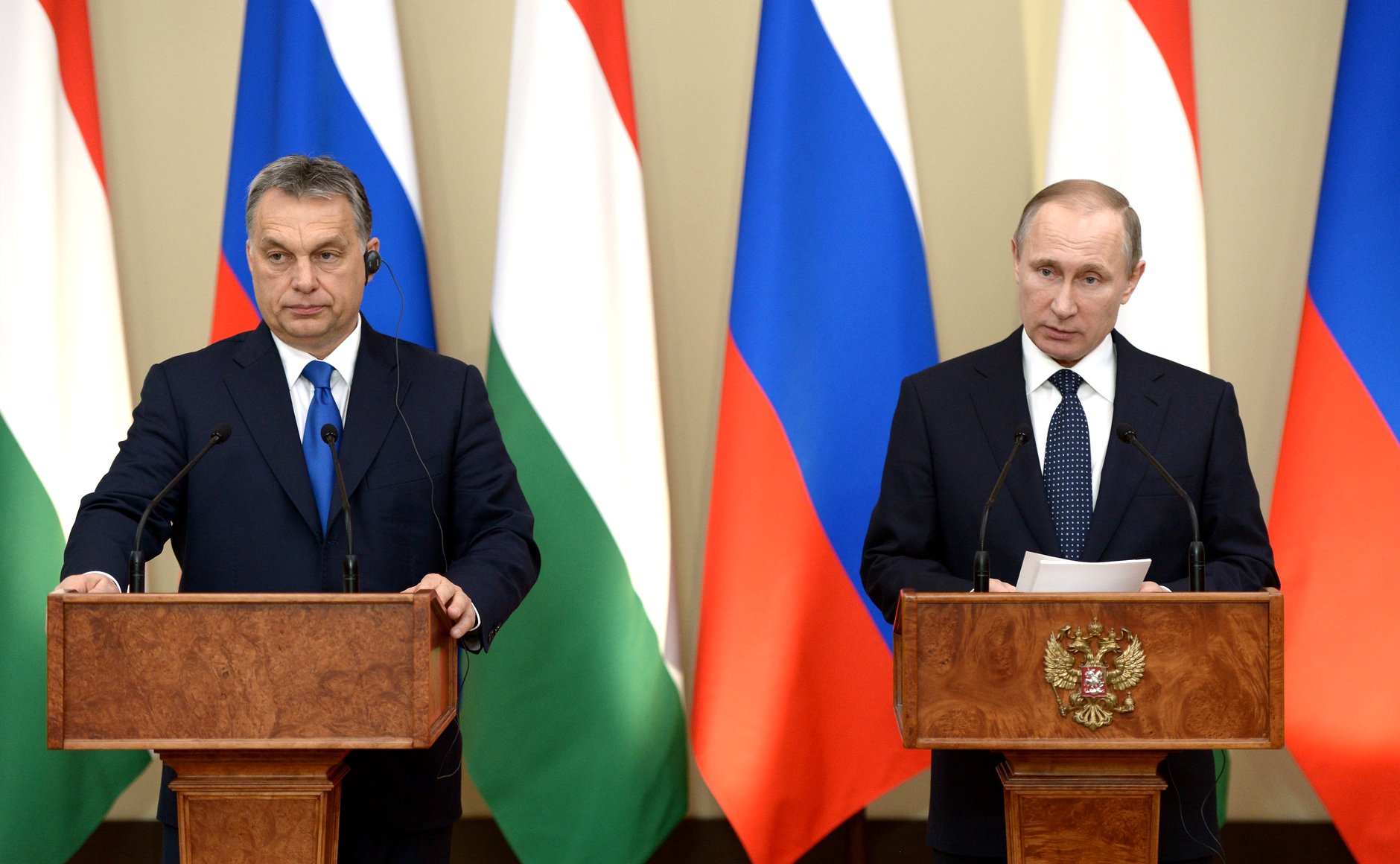Setting the Social Context: The Canadian Approach
In Canada, refugees appear to be received in a more welcoming climate than many other countries. In the luxury of our geographic distance from the crisis, the Canadian government has been able to create a more controlled flow of migrants, and capitalise on public good will as a way to expand privately sponsored refugee programs.
Private sponsorship is emerging as the most viable solution for refugee resettlement and integration issues. According to a 2015 report from the Migration Policy Institute Europe, private actors and sponsorship programs will be an instrumental part of comprehensive resettlement. This method spreads the immediate costs of resettlement across the private and public sectors, relieving pressure on governments and taxpayers. Since individuals voluntarily choose to host refugees, private sponsorship also ensures that refugees enter a receptive environment. Canadian cities like Calgary, currently the city with the highest ratio of privately-sponsored to government-sponsored refugees, will thus be more likely to integrate the recent arrivals effectively.
Canada has one of the few private refugee sponsorship programs in the world. As an established and effective model of integration, this may be another niche Canadian role in a world facing unrelenting forced and massive movements of populations.
With proper integration, not only will the undesirable effects of mass migration be avoided, but also, host nations stand to gain significant benefits. Economically, migrant populations can rectify fiscal imbalances created by ageing populations and declining birthrates, which is a common problem shared by a number of Western economies. Experts say efforts to house and integrate the refugees will likely provide a net gain for European economies, as over time migrants pay far more in taxes and social contributions than they receive.
Displaced populations will also play an integral role in global security. Multiple reports for UNITAR, the United Nations Institute for Training and Research, have indicated that members of displaced populations are invaluable leaders in post-conflict reconstruction programs. These individuals, when trained, are valuable assets in facilitating reconstruction in their hometowns. Their insider knowledge is vital when re-establishing local infrastructure, judicial systems, security forces, and public institutions.
Migrant populations may provide solutions to local economic stagnation and international security and development issues. Unfortunately, these same populations may also become security threats and societal burdens if they are not well received by the host countries.
Avoiding Crisis and Creating Opportunity
Mass populations are immensely powerful. Population-wide protests initiated the current conflict in Tunisia and spread it out Syria and the rest of the globe. The current social and political disruptions felt in Europe show how displaced people can easily become targets of violence and divisive movements. Chronically stigmatized populations eventually become a difficult public burden. Fortunately, this is not the only potential outcome. Victims of forced migration can become powerful agents of change, and leaders within globalized communities.
The challenge facing Western nations is to utilize the mass migration as a positive force, rather than a destructive one. Canada’s approach, from military resettlement interventions to long-term integration plans show that this can be done. The issue turns on the type of environment the refugees enter, and whether it is structurally and socially capable of accepting them. As the world seeks to find solutions to the violent crisis in Syria, refugees ought to be considered as an investment in future global security rather than a humanitarian or social constraint.
Photo: Women and children among Syrian refugees striking at the platform of Budapest Keleti railway (2015) by Mystyslav Chernov via Wikimedia Commons. Licensed under CC BY-SA 4.0.
Disclaimer: Any views or opinions expressed in articles are solely those of the authors and do not necessarily represent the views of the NATO Association of Canada.



